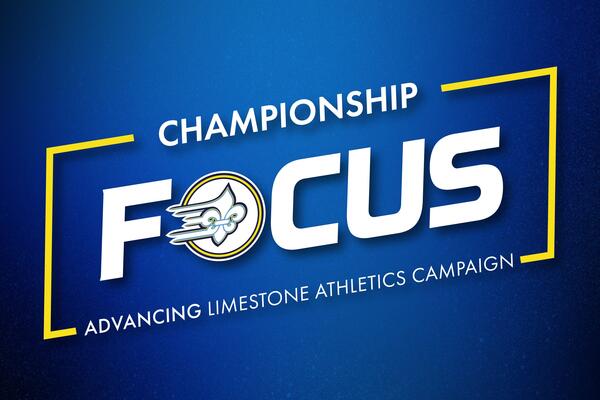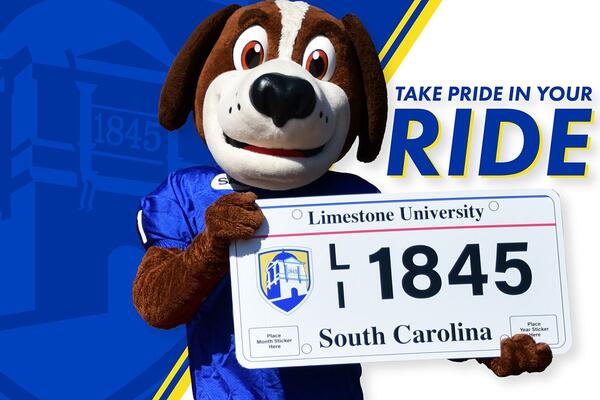July 10th, 2023
What Careers Can You Do with a Degree in Liberal Studies?

The broad base of a liberal studies degree can prepare you for several different career paths. From HR at a huge corporation to work at your city’s museum, the multi-dimensional skills you learn in liberal studies are valuable across industries and careers. You gain insight into the arts, literature, communication, history, psychology, and sociology. And the critical thinking skills you acquire are valuable regardless of where you land in your career. Here are a few roles you might consider with a liberal studies degree.
From Liberal Studies to HR Specialist
Your liberal studies degree serves as a solid foundation for a career in Human Resources. With knowledge of human psychology and the finer skills of interpersonal communication, you might find entry-level work as a human resources specialist. In this role, you could assist with employee hiring, recruiting, and training. Or you might specialize in one HR area such as benefits or labor relations. The median salary of an HR specialist is $62,000, but some industries compensate more generously. And as you progress through your HR career, you can take on supervisory or more specialized roles. Employment of HR specialists is expected to grow faster through 2031.
A Liberal Studies Degree to Become a Technical Writer
When you buy a new piece of exercise equipment, unassembled furniture, or even a box of Legos, are you one of those people who immediately look for the directions? You can thank the technical writer who wrote those instructions for helping you put together your new purchase—or you could use your liberal studies background to become a technical writer yourself. In this role, you prepare instruction manuals, how-to guides, and journal articles that break down complex information into language that’s easier to understand. You could find work at manufacturing companies, tech startups, or scientific laboratories. Not sure it’s the career for you? Try it out with freelance writing first. According to the U.S. Bureau of Labor Statistics (BLS), the median wage for technical writers is $78,000.
Event Planner
Instead of sitting at a keyboard writing instructions, how would you like to put your classroom lessons in communication, psychology, and sociology to use and become an event planner? As an event planner, you identify client needs and bring their dream event to fruition. You plan, budget, hire, and coordinate logistics, using organizational and problem-solving skills. You could find employment with an event planning business, or with corporate offices that have events departments. Employment in the sector is projected to grow much faster than the average over the next 10 years.
Public Relations Assistant
As a PR assistant, you work with clients to present a positive brand image and build a trustworthy reputation. You use your communication skills to write press releases, create social media announcements, and evaluate advertising campaigns. You might write speeches, select sponsorship opportunities, or arrange media interviews to garner positive attention or awareness for a company or individual. The median salary for PR assistants is $62,800, but again, as you continue in the career, you can expect your responsibilities and earning potential to rise. The BLS projects faster than average growth in employment for this occupation.
Lawyer and Liberal Studies Degrees
Did you know that American Bar Association doesn’t care if you were a pre-law major? Liberal studies can provide coursework in communication, psychology, sociology, and criminal justice, which are areas that lawyers need to understand. And a liberal studies degree can be a good steppingstone to law school. According to the Law School Admission Council, some of the top majors that are admitted into law school are history, philosophy, arts and humanities, psychology, sociology, and communications—the subjects that often compose a liberal studies curriculum. The median salary for lawyers is $127,990, and the BLS predicts that employment of lawyers will grow faster than average over the next decade.
Museum Archivist
If you have a passion for history or the arts, a career as a museum archivist can prove intriguing and rewarding. As a museum archivist, you catalog and preserve all sorts of historical artifacts, from documents and photographs to maps and motion pictures. You may specialize in a particular area of history, or in a specific type of antiquity. When new artifacts come in, you catalog them and often work with a conservator to preserve them. You also arrange and set up new exhibits, give educational tours to the public, and find and acquire new materials for the archives. Employment of museum curators and archivists is projected to grow much faster than average over the next decade.
If you want a degree but aren’t sure of the major to study, liberal studies may be the path for you. Limestone University offers a Bachelor of Arts in Liberal Studies that can prepare you for a variety of careers—and it’s online for your convenience. Click the button to learn more.
Bachelor of Arts (B.A.)
Many new professional opportunities require college preparation of a broad and extensive scope. The Liberal Studies program offers students a chance to design an academic program appropriate to a student’s special career or professional goal. In this Bachelor of Arts degree, students learn from various courses of study with a focus on social sciences, arts, and humanities.
Bachelor of Science (B.S.)
Many new professional opportunities require college preparation of a broad and extensive scope. A chance to design an academic program appropriate to a student’s special career or professional goal is provided in the Liberal Studies program.




